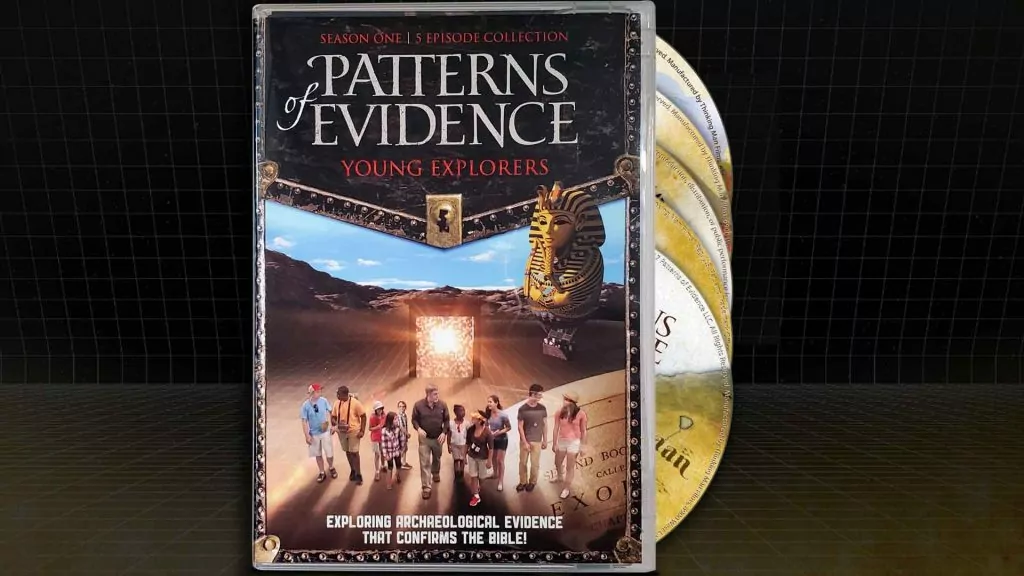Don’t be intimidated; sharing the good news isn’t as complicated as we make it
****
The Evidence Bible is filled with my favorite apologetical arguments. I love to use these arguments to pursue the lost. I also enjoy watching instructional videos about the subject of apologetics.
One of my favorite Bible teachers explains how to defend the faith. He is so eloquent and has such a brilliant mind, it makes me want to never open my mouth again. Plus, he is incredibly gracious and humble. I say that because I want you to know that what I’m going to say is not a criticism. It simply illustrates a very important point when it comes to sharing our faith.
I remember him speaking of the importance of truth when reasoning with the unsaved. He spoke of five critical grades to keep in mind when it comes to reaching the lost. He said that when testing truth there are two theories – the “correspondence theory” and the “coherence theory” – plus there is consistency, empirical adequacy, and experiential relevance. Then he added, “There are four questions to be dealt with – our origin, meaning, morality, and destiny – and to deal with those questions there are five disciplines you have to pull together: theology, epistemology, metaphysics, ethics, and anthropology.”
He also spoke of three cultures that we deal with: the theonomous culture, the heteronomous culture, and the autonomous culture, which dictates a “mutual autocracy.”
Got it?
If you did, you’re more intelligent than most people. Most people have trouble even pronouncing those words, let alone knowing what they mean. And that’s okay.
That’s because proclaiming the gospel can be as simple as doing what Jesus did: use the Ten Commandments to stir the conscience, and show the sinner that he needs the Savior.
I rarely get into arguing about apologetics, the infallibility of Scripture, the deity of Christ, evolution, why there is suffering, etc. When I do enter that territory, I am always aware that there is a way out, and I take it. I can get out, because I have learned the importance of having control of the conversation. I know our ultimate agenda; it’s to “preach the gospel to every creature” (Mark 16:15).
If I wanted to teach you how to fish, I could take you to a quaint little pond and catch a nice small fish. But I’d rather take you deep-sea fishing and let you see some action.
If you watch a deep-sea fisherman, when he gets a marlin on his line he will let it run. He does this because he knows that at any time he chooses he can pull back the rod and get the hook deeper into the fish’s jaw.
The “hook” that Jesus used was the moral Law (the Ten Commandments), and the “jaw” is the sinner’s conscience.
It is because of this knowledge that I can let him run off in any direction he wants to, because I know that any time I choose I can take complete control, simply by asking the question, “Do you think you’re a good person?” and bringing out the Ten Commandments as Jesus did in Mark 10:18–21.
That gives me a level playing field because I’m not talking to his contentious intellect. I have moved to his conscience. This puts even Einstein on the defensive.
Never be intimidated by so-called intellectuals. Our Creator has put something infinitely more powerful into our hands: the gospel. It is “the power of God to salvation” (Romans 1:16).
This article is reprinted with permission from LivingWaters.com.












